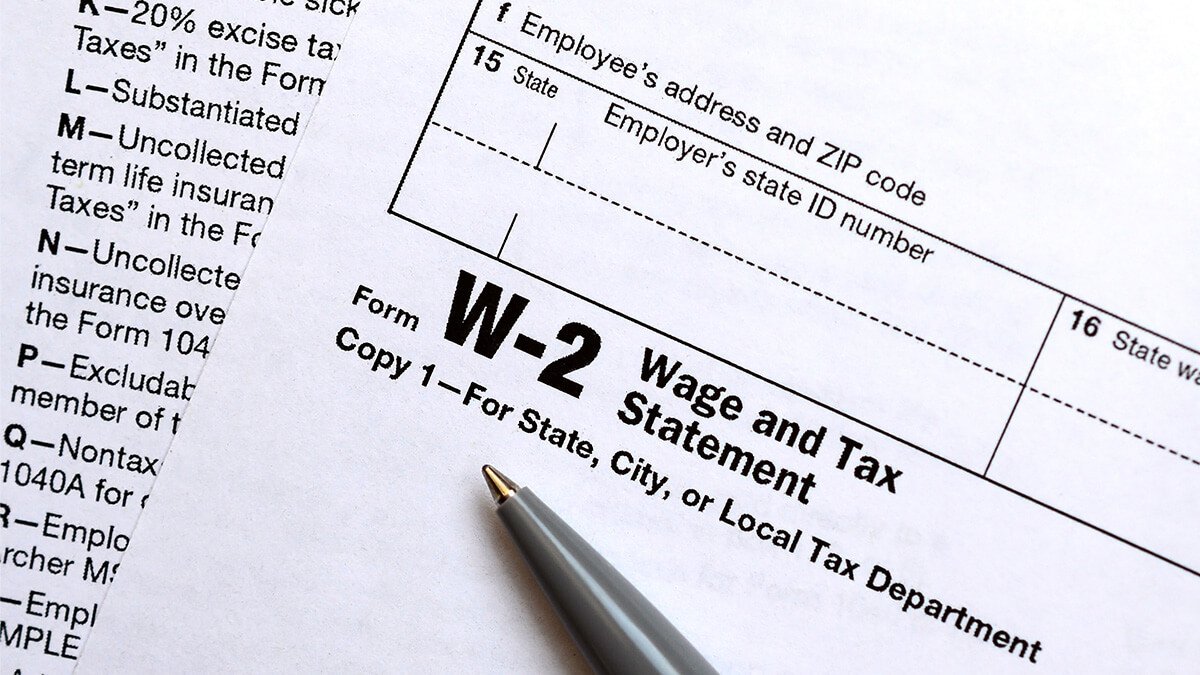Trades or Grades?: Why Having Life Skill Classes Help Students
We go to school every day. For some of us, we have clubs and sports; for others, work. And for still others, they just go straight home without a care in the world. We repeat these same routines every day, but have you ever thought about what life would be like after graduation or how much more independent you would have to be?
The school system prepare you for jobs in the future, and the curriculum’s are important. Learning how to read, write, do math, etc., are very important things. However, these things do not prepare you for life itself—the things that come after getting a job or moving out from your parents.
Seniors, especially those who are going to be fresh out of high school and going to college, getting a job, or going to trade school, don’t know the fundamentals of life. Some kids may learn from their parents, but there are more kids who don’t know anything about life skills than those who do.
People just expect you to know what a mortgage is or what credit is. Except, that is not the case. Some don’t learn these kinds of things until their 20s, some even later than that. I asked Katie Boocher when she learned what these things are and how she got this information; she said, “I was an adult, in my mid-20s. I learned it from my parents. It was not something I learned at school.” If we did learn these things in school, there would be fewer people on the streets today.
A lot of homeless people are on the streets due to losing their homes and jobs. However, this can be prevented if they had learned how to manage their money and expenses better. That is why schools should have life skills classes that can better prepare those especially going into a job right out of high school.
Jennifer Emkow is a teacher here at Riley High School. She teaches English classes and does various other things. I asked her what kids should learn in school that would better prepare them for the real world. She said, “I definitely agree that students need a class to understand daily adult responsibilities like credit cards, mortgages, and auto loans, various insurances, proper ways to prepare for and perform in job interviews, and how to do their taxes without having to hire a CPA!”
This begs the question as to why schools don't teach this? The Grown-Up School comments on this in their “Funding/Resources” section, saying, “In a lot of cases, this funding might not stretch far enough to teach life skills.” And in their other section titled “Providing new and different experiences for kids,” they say, “Some schools believe that their role is to provide students with experiences beyond what they’re likely to come across at home. Things like science, geography, math, etc.”
But shouldn’t we make it a point to try and stretch the funding out? Or give kids experiences beyond the classroom? The school's curriculum is based on the government and how they decide what should and shouldn’t be taught. So, I feel like if they wanted to make a better society, they should put this into the curriculum. They should train certain teachers to do this job.
Learning life skills would better benefit kids graduating into real life rather than just teaching kids how to do math. We do have lots of technology now that makes it easier to look things up, but kids better grasp concepts that they can actually see and do, not just read about.
I asked Morgan McClain, one of our Valedictorians here at Riley, what she knows about mortgages. She said, “I know nothing about mortgages, and I know what interest is but I don't know how to tell what's a good rate and how to properly use loans with interest.” A top student getting ready to graduate and knows nothing about mortgages. In life, good grades could only get someone so far when it comes to buying your first house or building credit.
We’re at school for seven hours and sometimes more; it would be a great learning experience to have a class dedicated to life skills. And the benefits kids would get from this would be tremendous.
Check out this video on mortgages to get a head start on your future!


